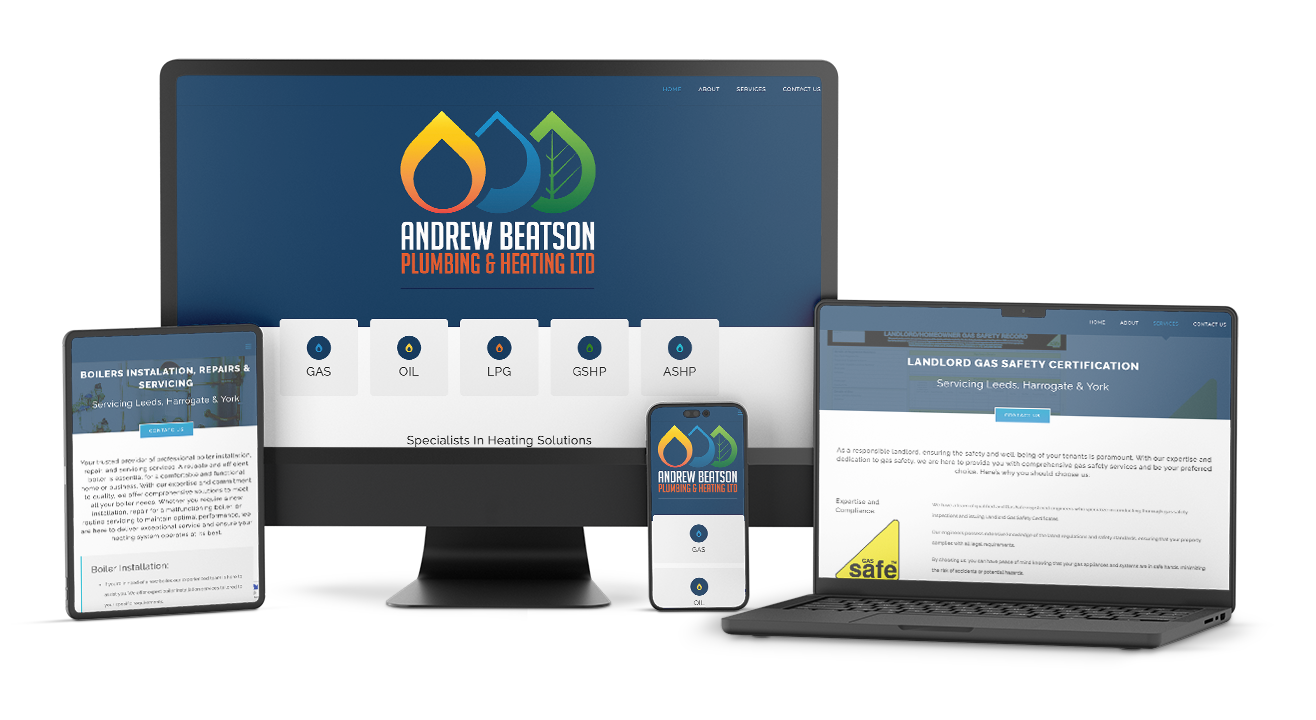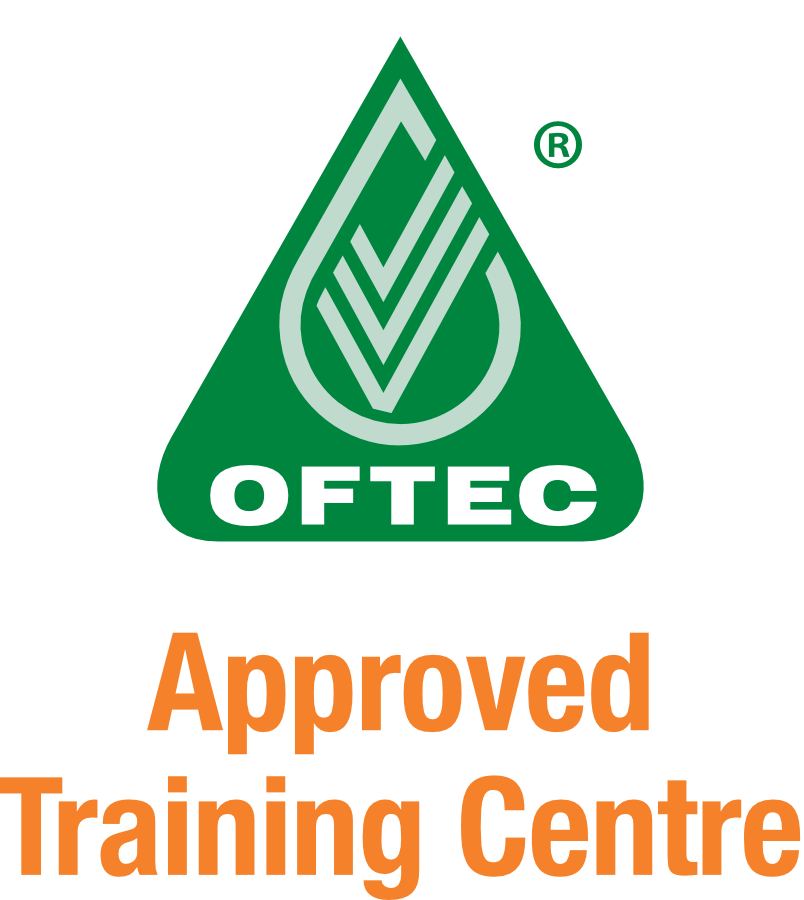
How to Start Your Own Gas Engineer Business: Tools, Tips, and Marketing
Becoming a Gas Safe registered engineer is a significant achievement, but what’s next? Many engineers dream of being their own boss, running a successful business, and enjoying the flexibility that being a self-employed gas engineer offers. But going solo requires more than technical skills—you’ll need the right tools, business setup, and marketing strategy to get started.
In this guide, we’ll cover everything you need to know to start your own gas engineering business, from essential equipment and compliance requirements to finding clients and building your brand.
Why Start Your Own Gas Engineer Business?
Becoming self-employed has plenty of advantages: flexible working hours, control over your business, and higher earning potential. However, it’s also a big step that comes with new responsibilities. You’ll need to plan carefully to ensure your business is set up for success.
Business Setup Essentials for Gas Engineers
Before you start booking jobs, you’ll need to handle the business side of things.
Sole Trader vs Limited Company
- Sole Trader: Easier to set up with lower admin, but you’re personally liable for debts.
- Limited Company: Offers more financial protection and tax advantages, but involves more paperwork.
Insurance You’ll Need
Protect your business with essential insurance policies:
- Public Liability Insurance – Covers accidents or damage caused during your work.
- Professional Indemnity Insurance – Protects against claims of faulty advice or services.
- Tool Insurance – Ensures your equipment is covered against theft or damage.
Essential Tools and Equipment
To run a successful gas engineer business, you’ll need a comprehensive toolkit. Here are some must-haves:
Safety and Detection Tools
Power Tools and Storage
Compliance and Record-Keeping
Stay compliant and protect your business by keeping accurate records and meeting industry standards.
How to Attract Clients and Build Your Reputation
Getting clients is one of the biggest challenges for new business owners. Here’s how to market your services effectively:
Online Marketing Must-Haves
- Professional Website: A website is your digital business card. It should clearly showcase your services, experience and contact details.
Need a website? Check out Website Design Services for tradespeople. - Google Business Profile: Ensure your business appears in local search results and Google Maps.
- Social Media: Share updates and customer success stories to build trust and credibility.
How Much Does It Cost to Start a Gas Engineer Business?
Here’s a rough breakdown of typical start-up costs
Continuing Professional Development (CPD)
Stay ahead of the competition by keeping your skills and knowledge up to date. Attend training courses, subscribe to industry publications, and expand your qualifications to offer more services.
FAQ’s
Conclusion
Starting your own gas engineer business can be a rewarding journey with the right preparation. By investing in the right tools, setting up your business correctly, and marketing your services effectively, you’ll be well on your way to success.


